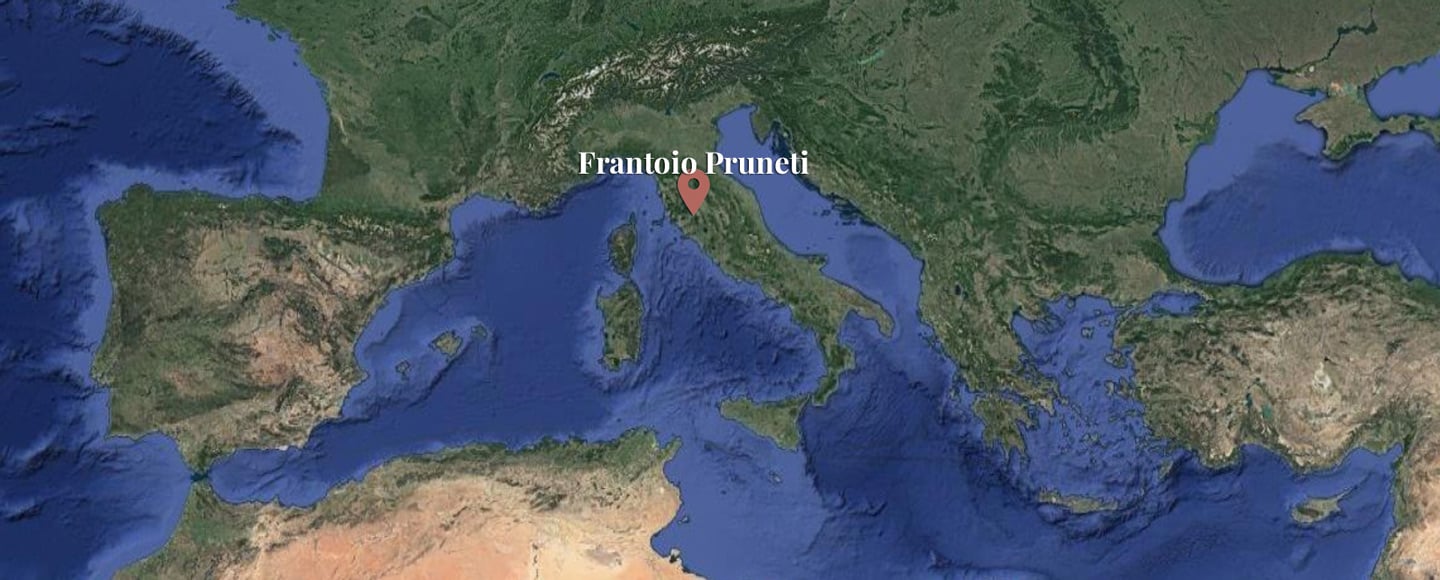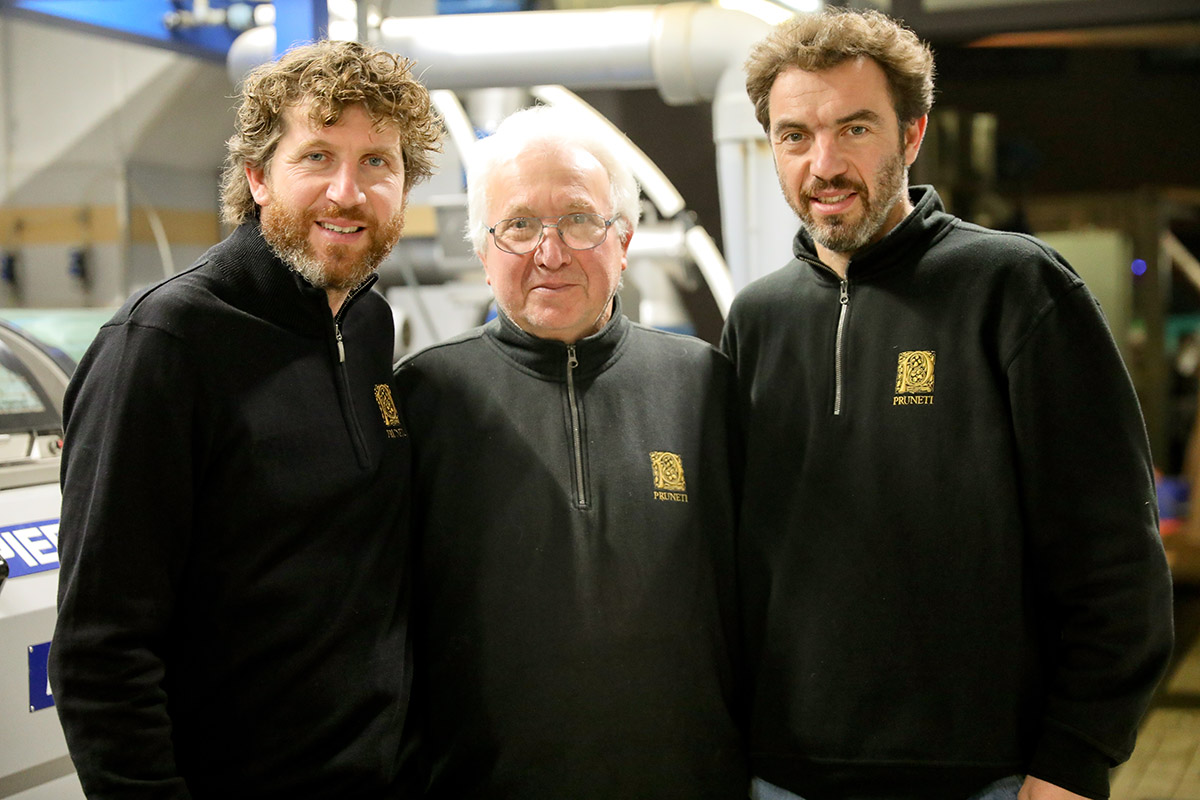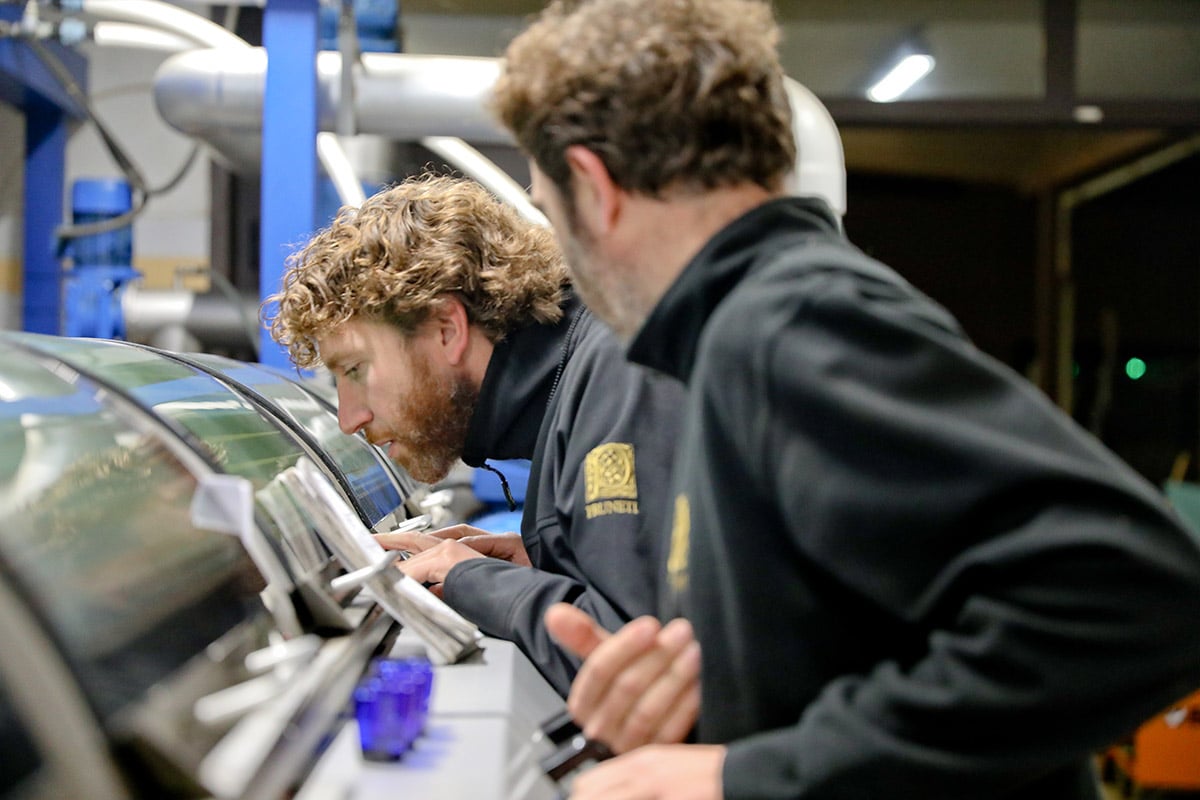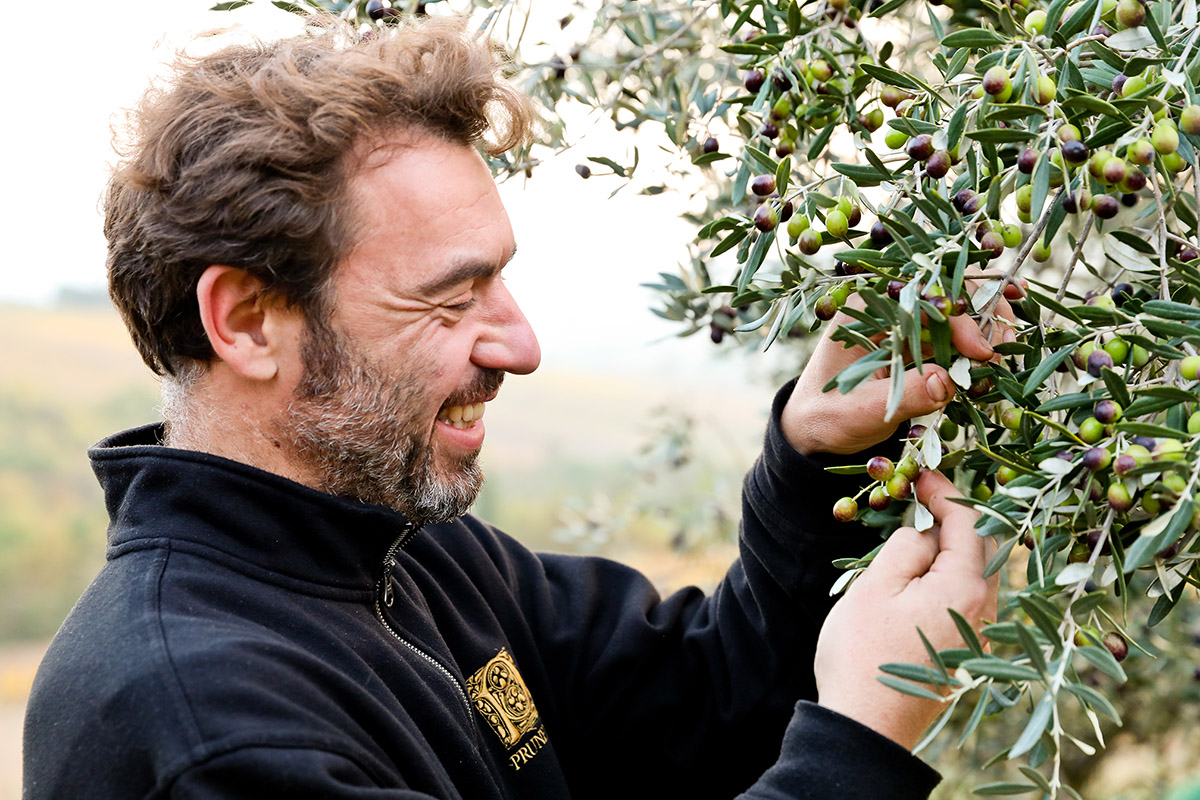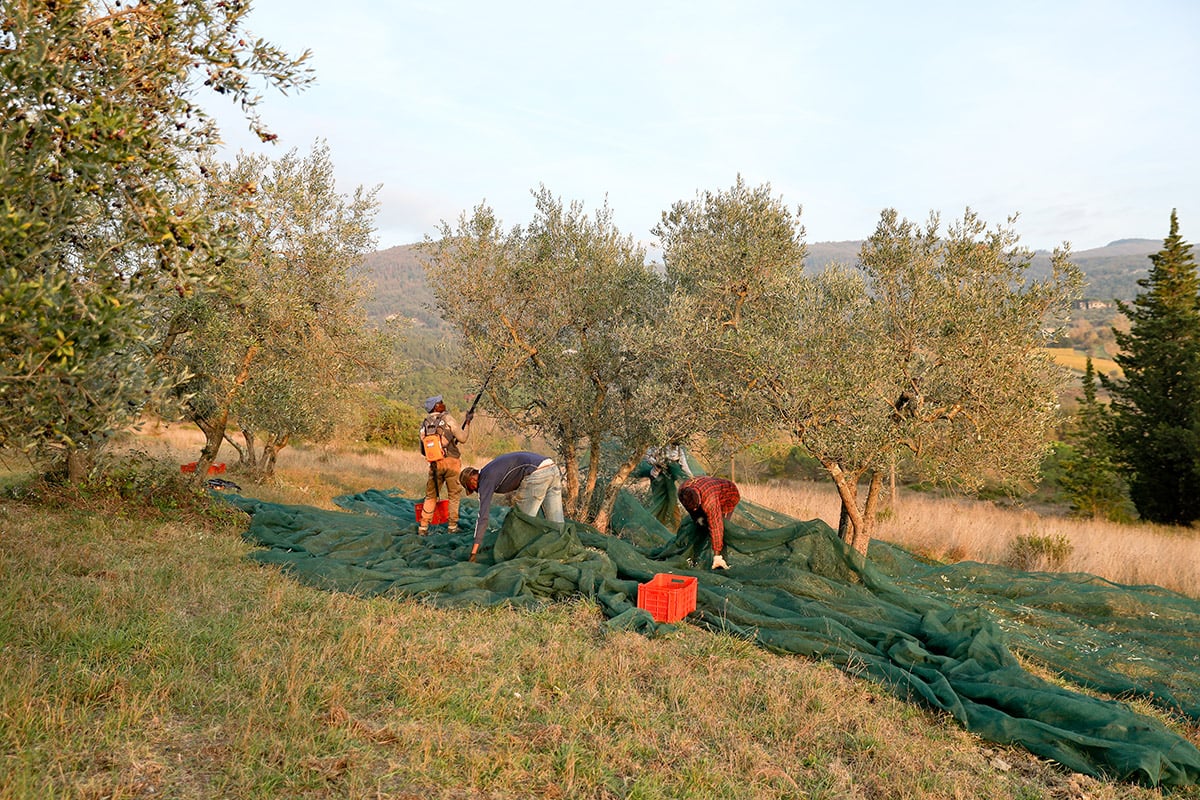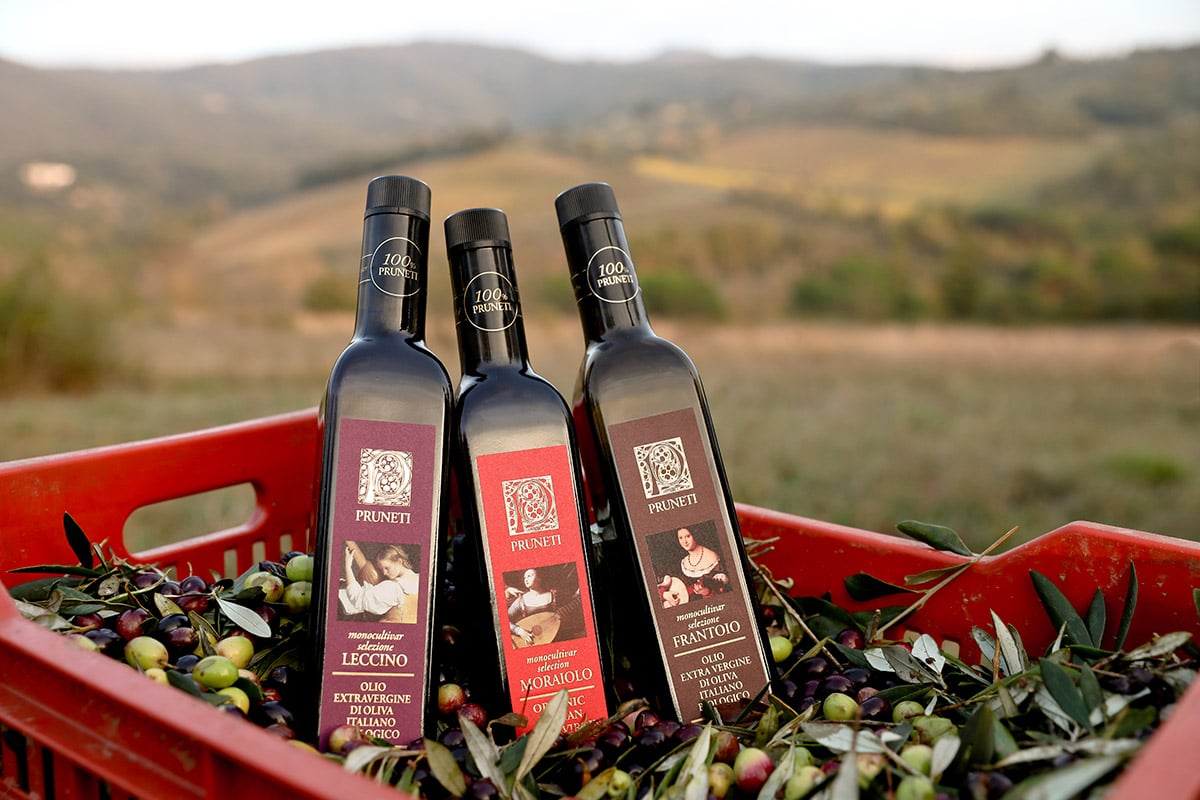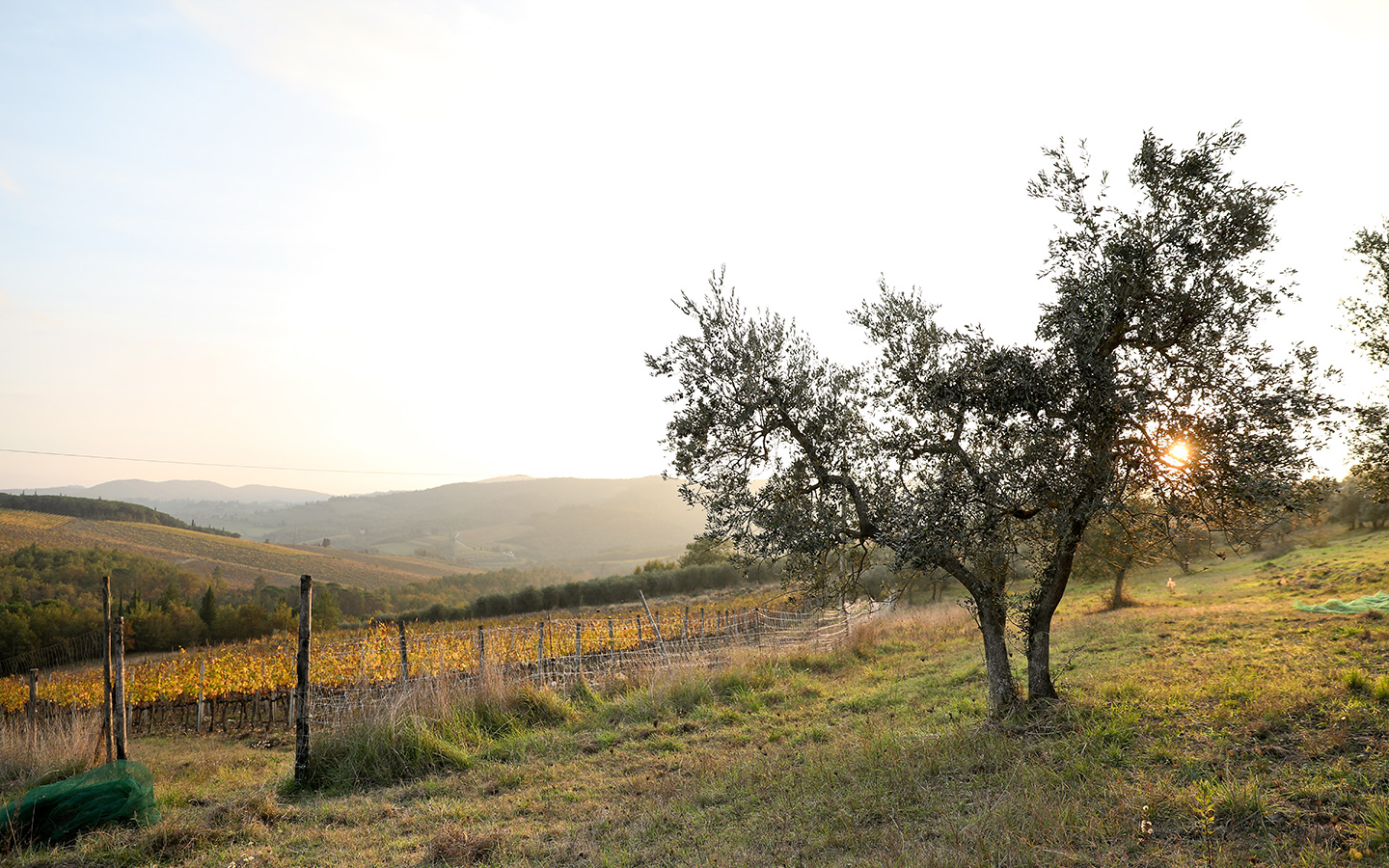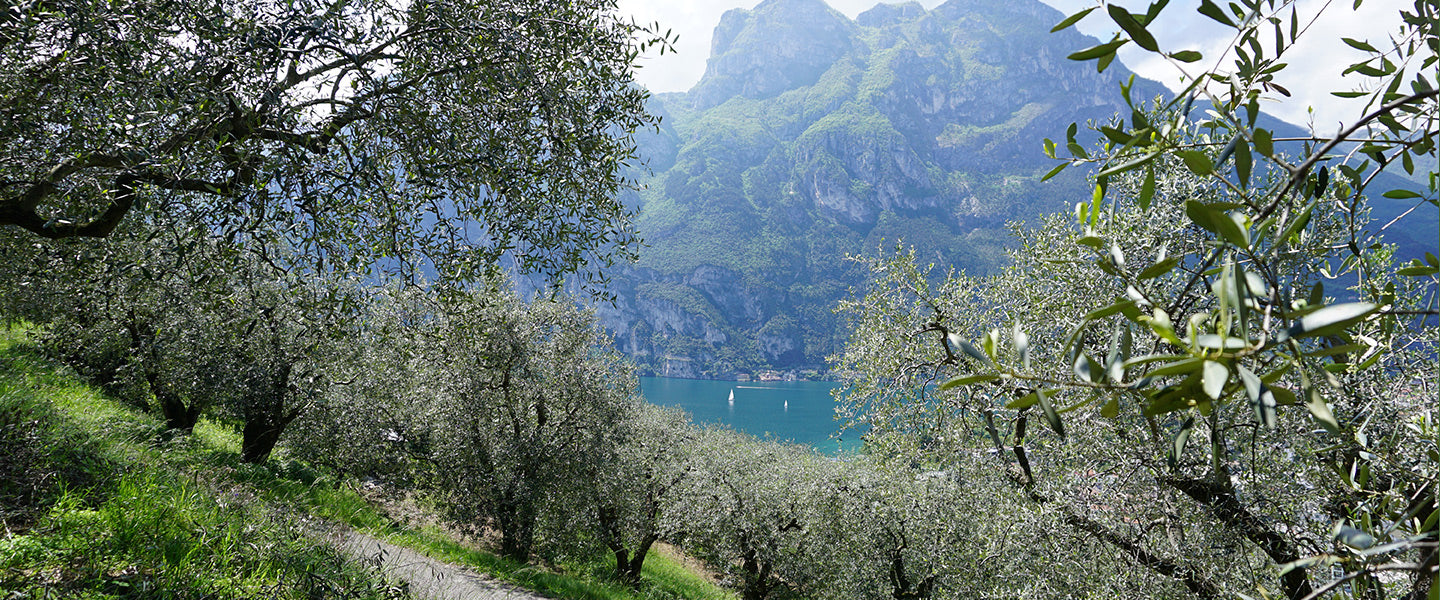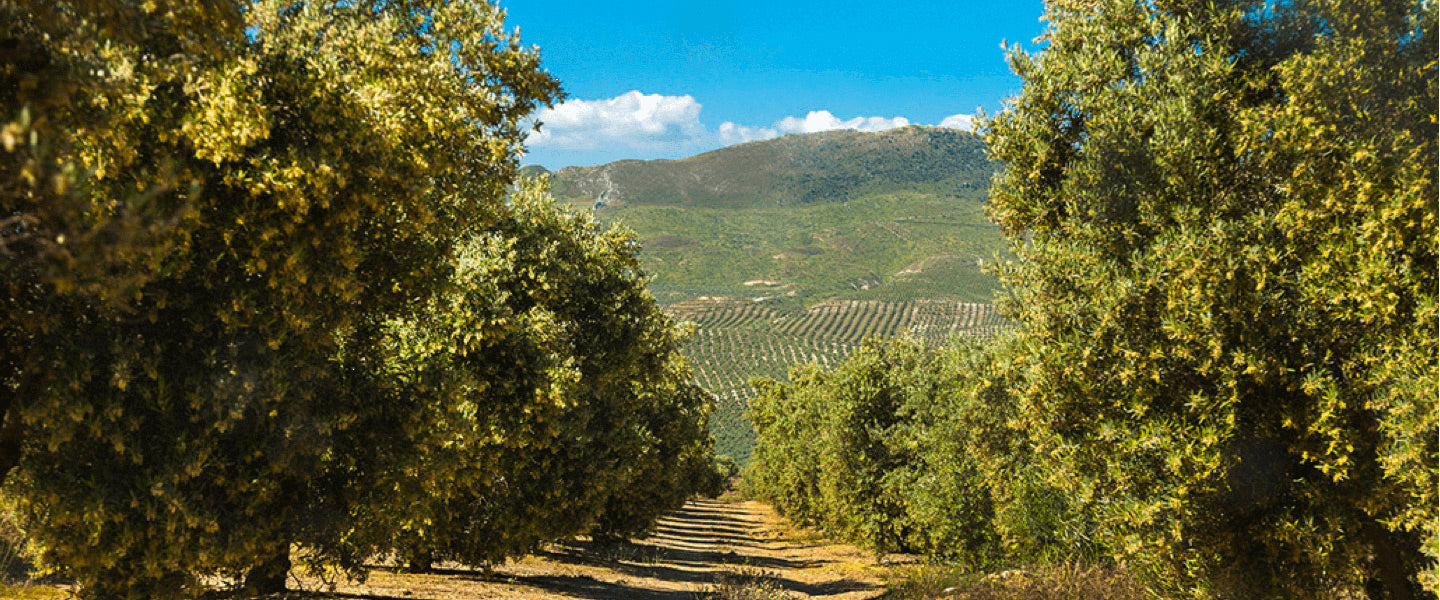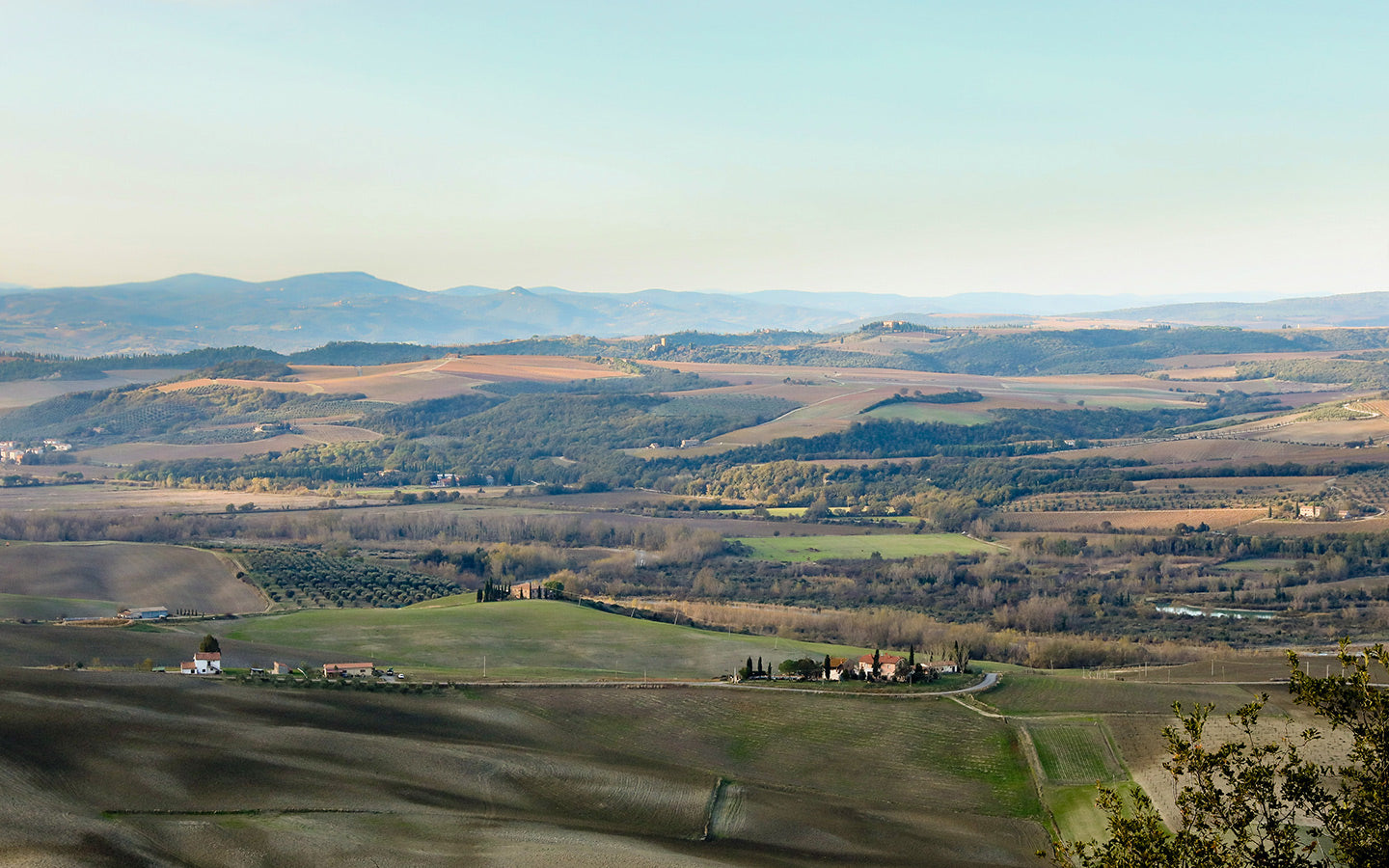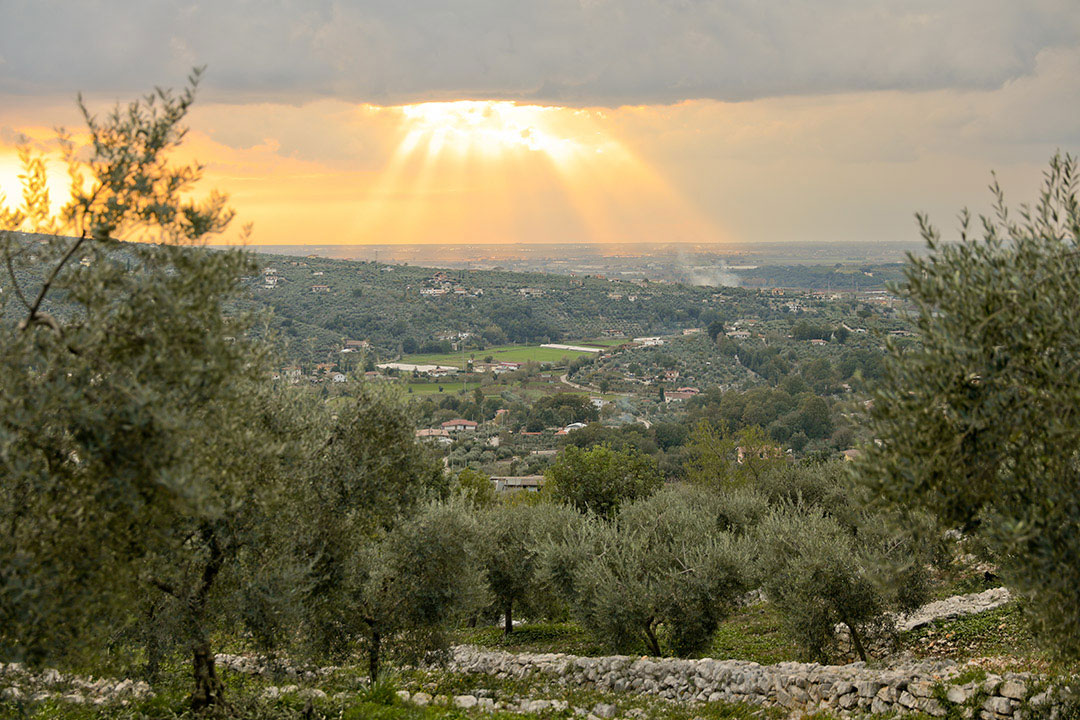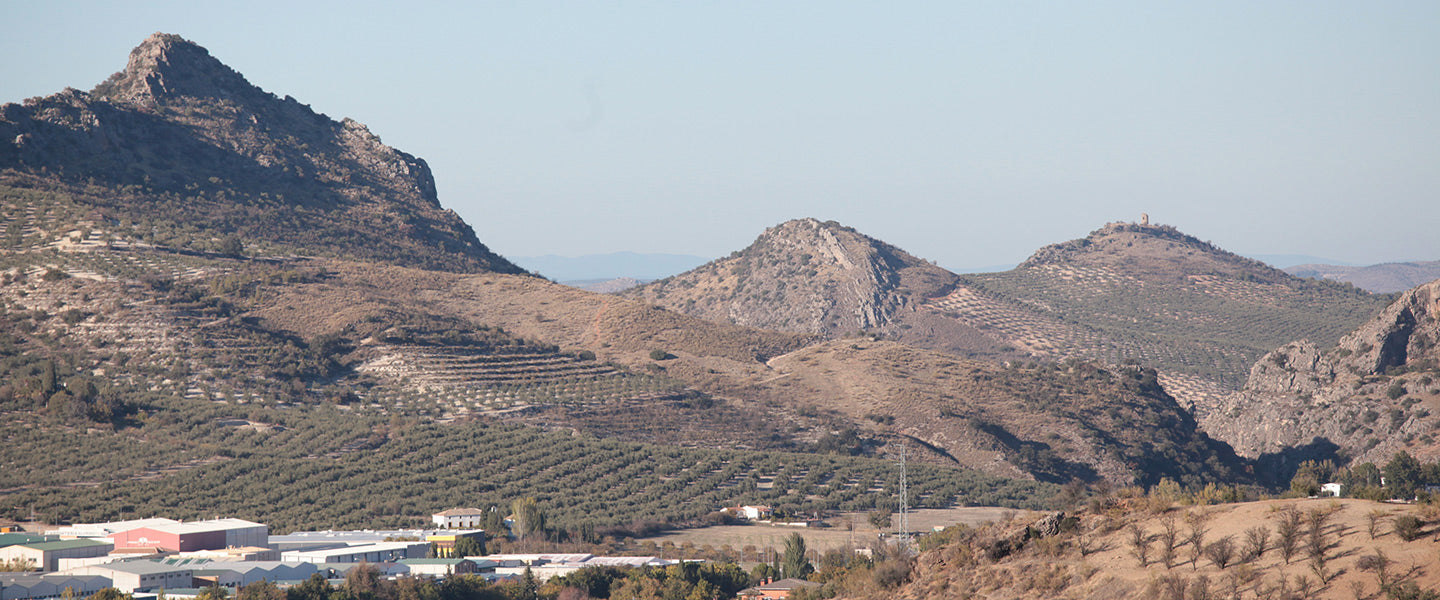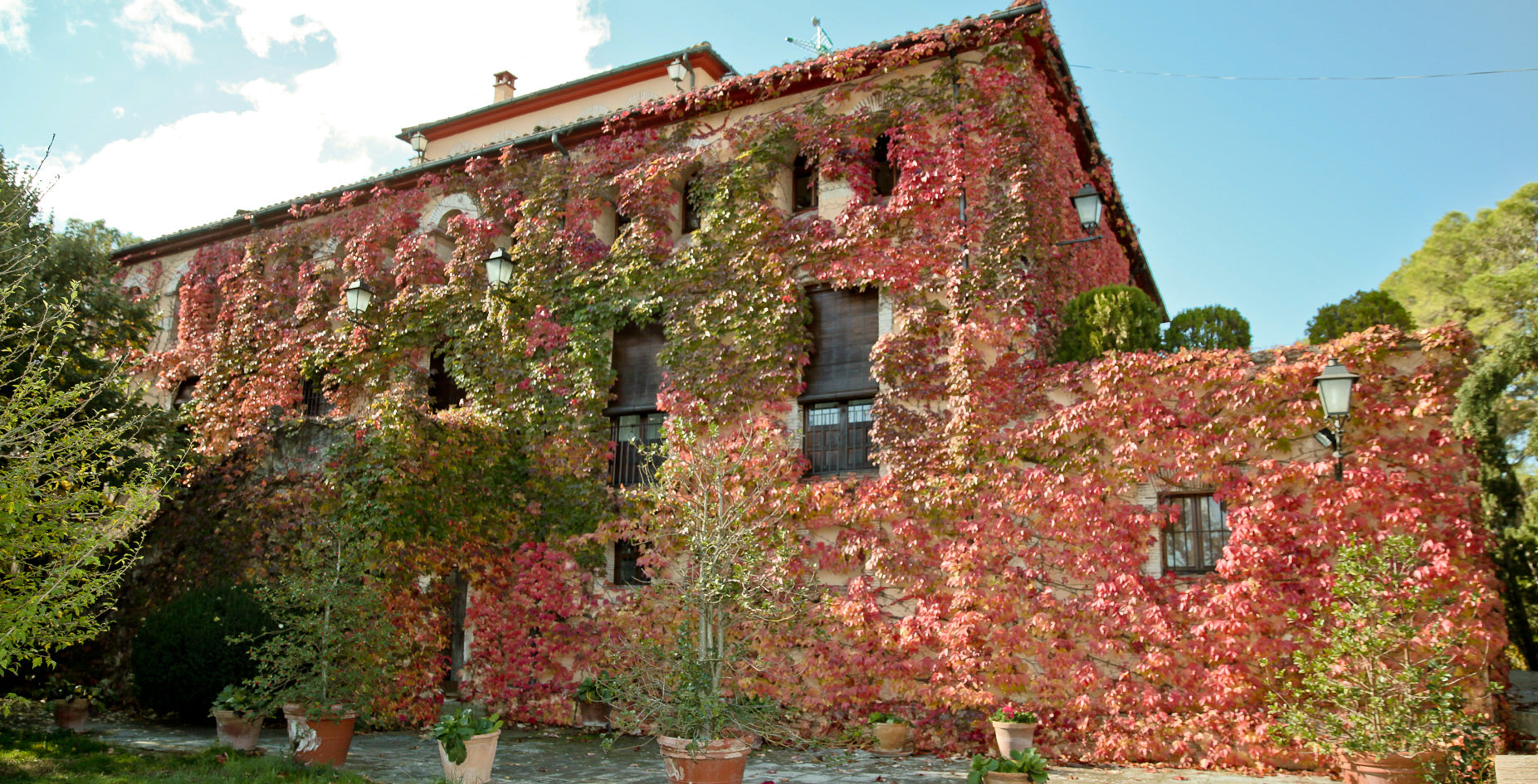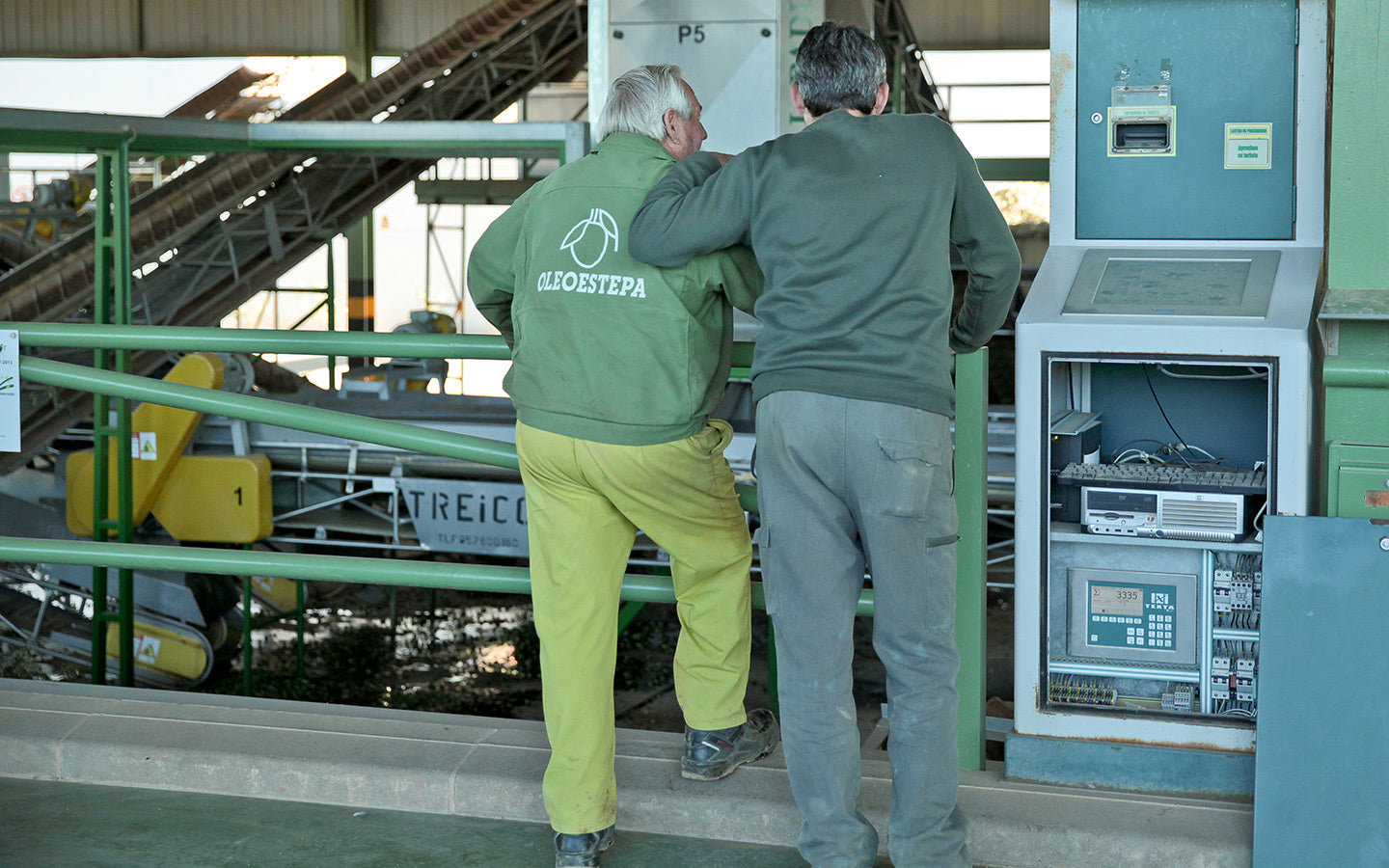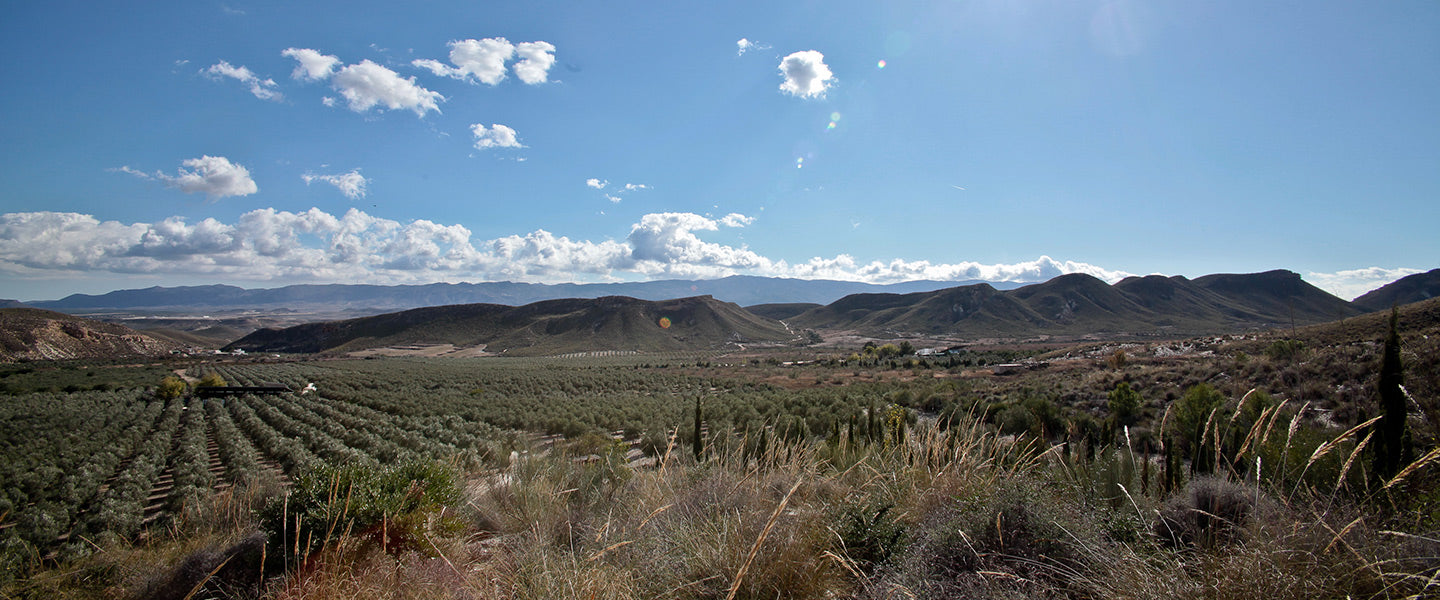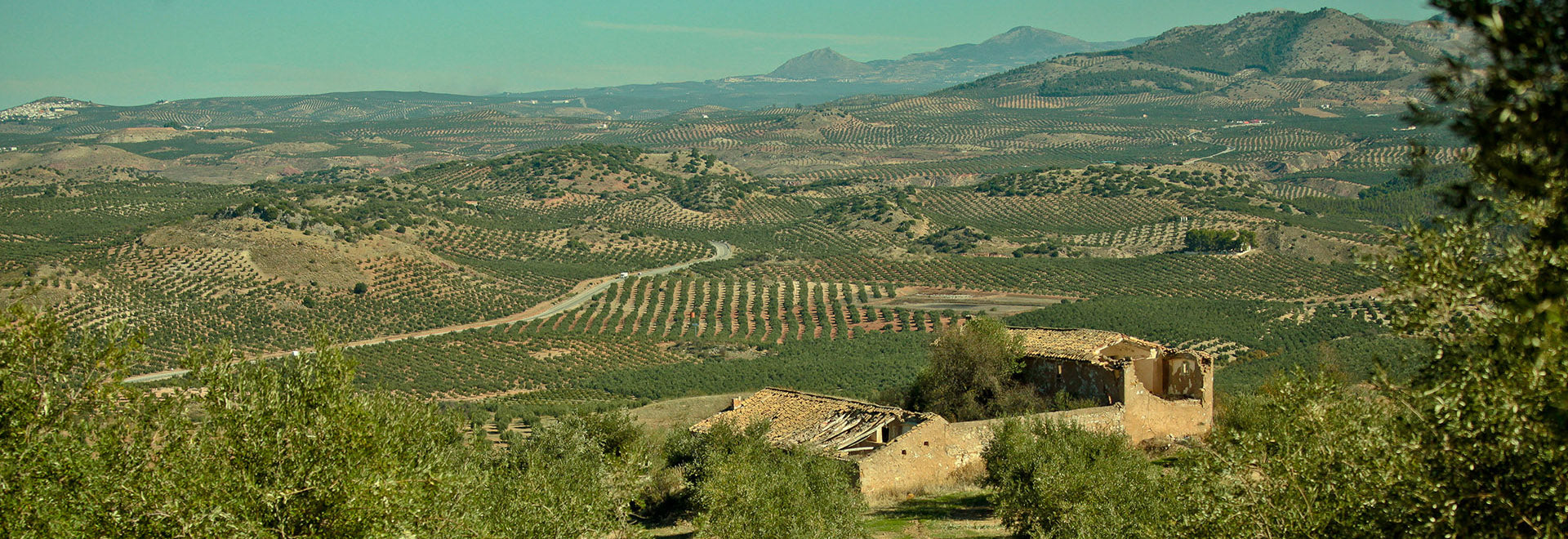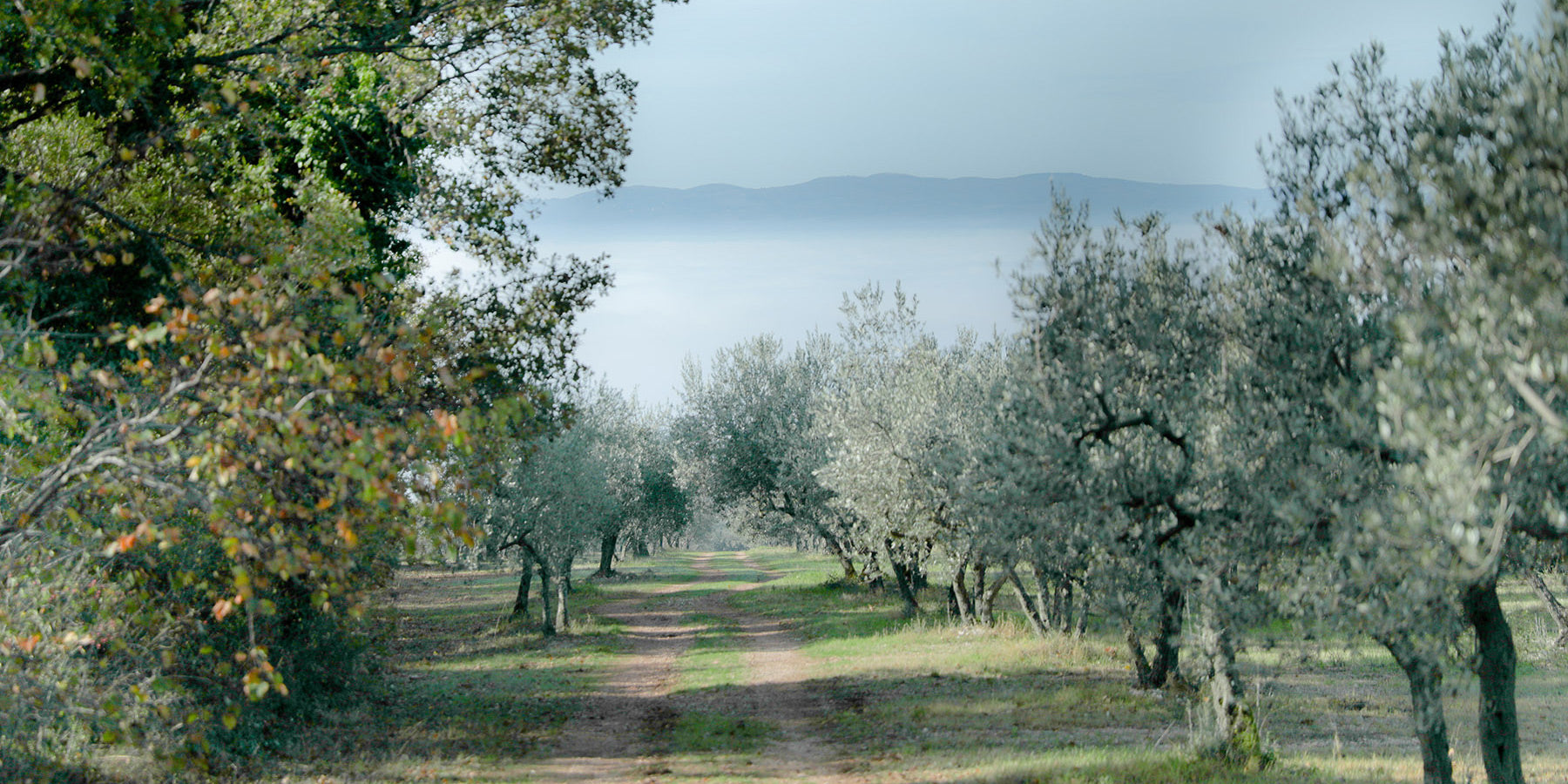Frantoio Pruneti
Posted by Olive Oil Lovers on
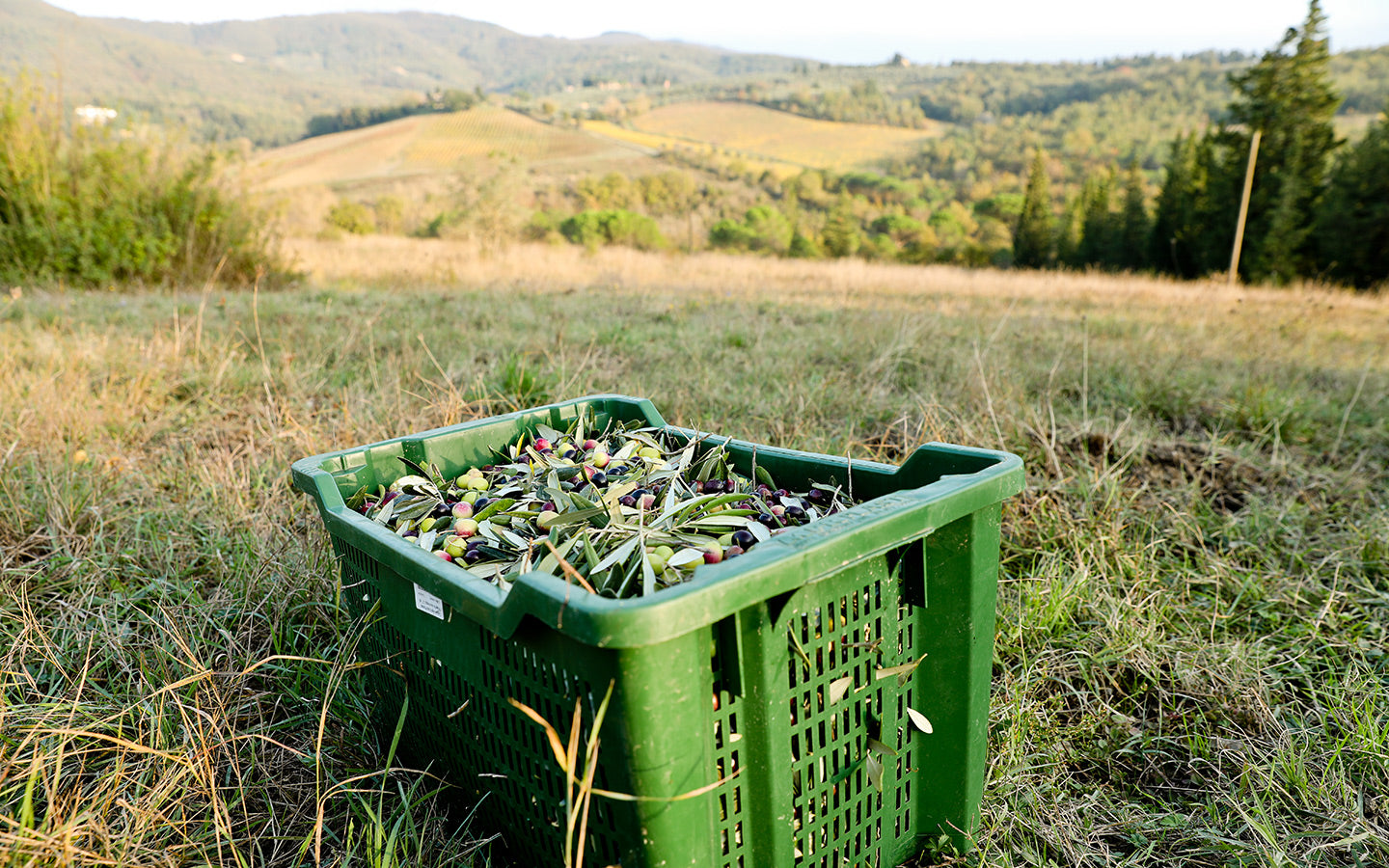
For the Pruneti brothers the olive tree represents the soul of Tuscany, and they create oils dedicated to the rich beauty of their homeland.
When we visited Frantoio Pruneti at the peak of the harvest season, their oil production was in full swing. Local growers arrived one after the other, their trucks filled with olives, as other trucks departed loaded with steel containers filled with freshly extracted oil. The mill ran non-stop, from morning until long after dark. In fact, during the harvest time, the mill often runs 24/7 as the mill equipment performs better without breaks. Brothers Paolo and Gionni Pruneti often find themselves working 24 hours a day as well, though producing fresh oils at harvest time always brings a big smile to their faces. Harvest means more to them than having reached the culmination of a year’s work. Their pride and the passion from which they speak comes from creating a product from the land that they love.

Originally civilized by the Etruscans, the Chianti Classico region of Tuscany contains many traces of both Etruscan and Roman activity in wine production. Although the Gran Duke Cosimo III de’ Medici officially defined the Chianti wine-growing region in the 17th century, documents with the name Chianti may date as far back as 1398. At the heart of Chianti Classico sits Greve in Chianti, where Frantoio Pruneti tend their olive groves. These hills were fought over for centuries between the cities of Florence and Siena, having held an historically strategic position at the crossroads of three important pilgrimage roads. As the legend goes, the two rival cities decided to hold a race between two knights on horseback to settle their age-old conflict. Each knight would ride from their respective city at dawn, and the place where they met would determine the border between their two territories. In this era dawn was marked by the call of a rooster, and while the Sienese white rooster was well-fed for the occasion, the Florentine’s kept their black rooster without food for days before the race. The hungry black rooster crowed long before dawn, so the knight from Florence nearly reached the walls of Siena before meeting the opposing rider. Today the Chianti Classico DOP (protected denomination of origin) represents their region with the symbol of the Black Rooster on a pink seal.
In 1975, only one year after the Pruneti brothers’ father, Gilberto Pruneti, became a member of the Chianti Classico Consortium for wine production, the Consorzio Olio DOP Chianti Classico was founded for olive oil production. The Prunetis still carry their own DOP wine label, yet in this region with a long history of wine production, their oldest grape vines date only to the 1990s. Their olive trees, however, date to the mid-1800s, with some much older, of unknown age. For more than 160 years this land which they worked nurtured the Pruneti family, giving them their livelihood. In turn, Frantoio Pruneti makes products that respect the land, ultimately sharing the essence of the soil, and giving voice to the sacrifices and passion of those who cultivate it. Perhaps inspired by the black rooster, the Prunetis have also taken a proactive role in spreading their love of Tuscany and the oils that represent the taste of their land. In 2010 they opened their “Salone dell’Olio”, a special tasting room above their mill that celebrates their favorite things: the pleasure of eating and the peace that you can find among their hills. Here they invite visitors to taste different oil varieties and food pairings with the hope that their guests will learn to love the oils as they do.

For the Pruneti brothers the olive tree represents the soul of the Tuscan land. While their location in Italy’s famed Chianti region makes grape vines the expected agricultural product, olive oil is their principle production. In addition to wine, they also produce saffron and harvest the iris flower for perfumes. Each of these different crops add meaning to the work. Just as the Moraiolo olive trees and Sangiovese vines belong to this land, so does the Crocus flower, from which the iris bulbs and saffron stigma are collected. For much of the last century, all the Pruneti crops grew intermingled among the olive groves, sharing space and air and soil. The iris in particular loves life on the fringes, preferring the rocky edges of the groves in places where boots will not tread. Here they grow and flourish and share their beauty for all to see, for this is a land rich in history, art, and culture, with soil fought over for many generations and centuries beyond, back to ancient times. Frantoio Pruneti takes a similar path; they do not simply produce and sell olive oil, they create oils dedicated to the rich beauty of their homeland, while opening their doors for guests to share in their creation.
"Our brand reputation grew up with us thanks to the quality of our oil, so consumers from more and more countries now ask for Pruneti oils."
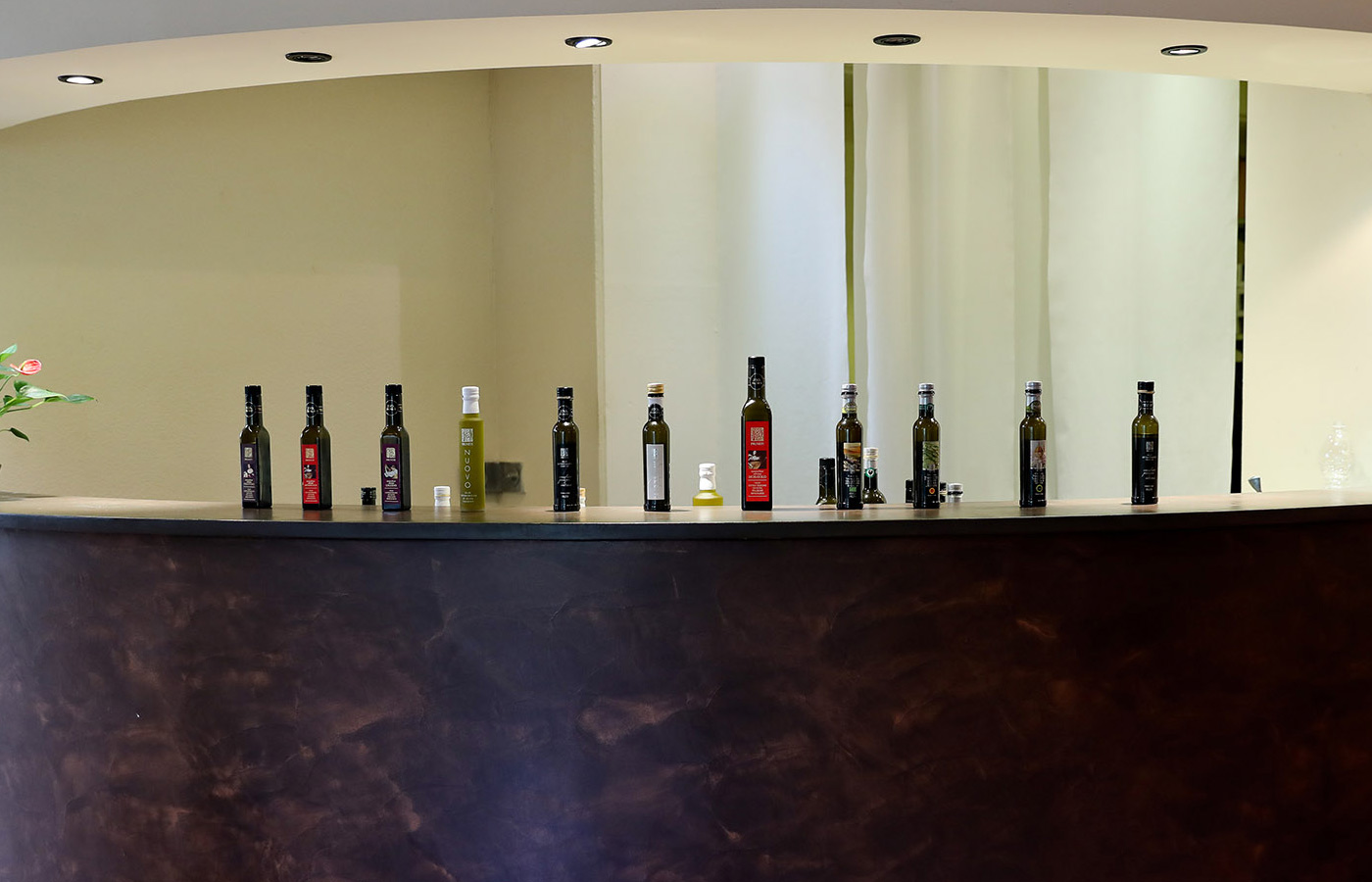
The Estate
Visitors to the Chianti Classico region who wish to enjoy “The Pruneti Extraordinary Experience” can visit the Pruneti mill in Greve in Chianti. Open since 2010, Frantoio Pruneti’s “Salone dell’Olio” invites guests in search of authentic and unrepeatable experiences to book an oil tasting. There visitors can learn how the Prunetis make their extra virgin olive oil and taste the Pruneti monocultivar oils and their blends, a sensational journey between perfumes and flavors, with guided tastings and multiple tips on use and possible combinations. This special place embraces both ancient knowledge and contemporary intuition.
Visiting during the harvest months of October and November allows guests to witness the oil production in action, and those arriving in April have the chance to see the iris fields in full bloom. Dedicated to all extra virgin olive oil enthusiasts and globetrotters, the tasting room does remain open year round; visits and tastings can be booked in advance for any day of the week. Frantoio Pruneti also has a store on-site, open Monday-Saturday from 9:30am to 6:30pm. There is currently no on-site lodging available.
Pruneti Extra Gallery